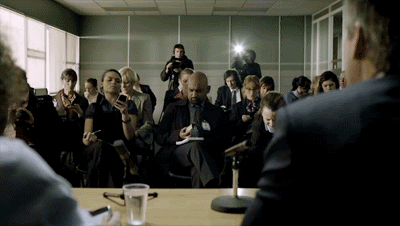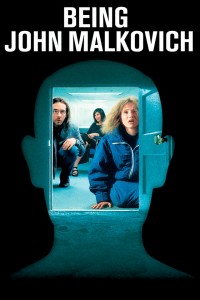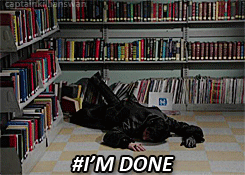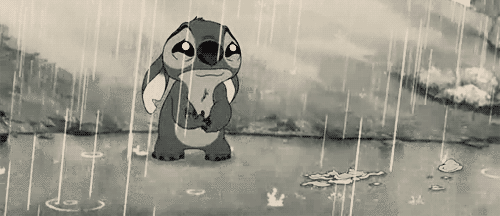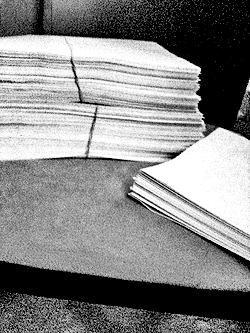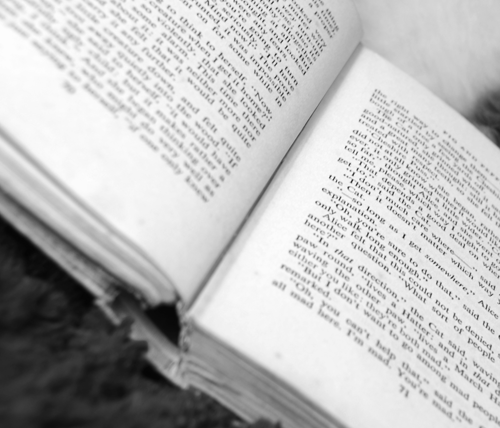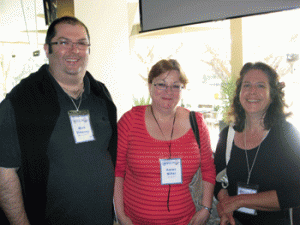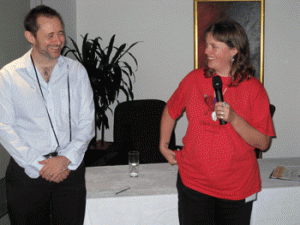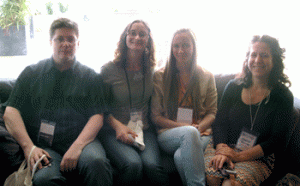
Long time no blog! But it’s time for a brief spot of shameless spruiking as we’re heading into duck workshop season…
If you’re thinking about self-publishing, or just want to know a little more about it, I’m going to be one of several speakers at Roz Hopkins’ Digital Publishing Bootcamp, which will be held at the new Double Bay library on Sunday 19th June. I’ll be talking all things editing, and there are more details on my workshops page, or you can go straight to the registration site.
If you know that you want to start self-publishing, but you’re not quite sure what all of that really involves, the two-day Digital DIY seminar, also convened by Roz Hopkins, is at the NSW Writers’ Centre on Saturday 13th and Sunday 14th August. It is in-depth and covers everything from identifying your audience to formats, uploads, promotion… and, of course, editing. Again, I am just one of several speakers and more info is on my workshops page, with a full run-down and registration over at NSWWC.
Of course, if you can’t make it to either of these workshops but there’s something you want to know about publishing, editing or writing, don’t forget, you can ask an editor any time.
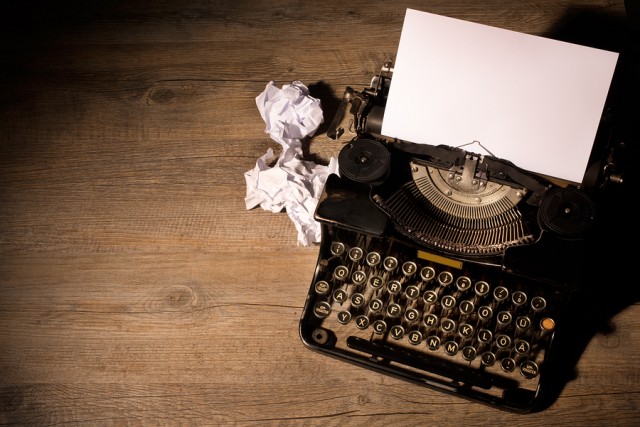

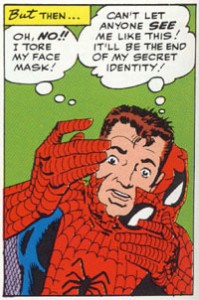
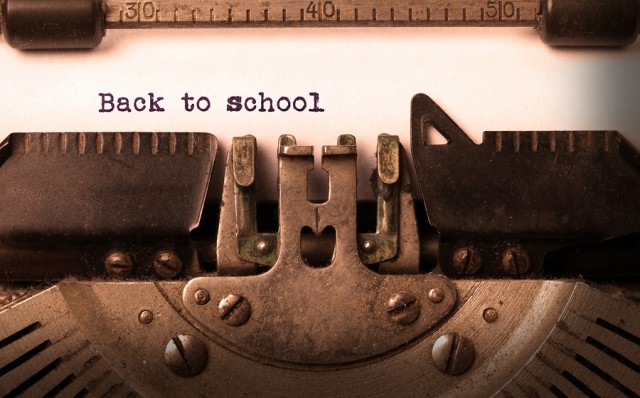


 I’m not marking a test. I’m not going to slash through someone’s work with a pen and send them to the back of the class for a “fail”
I’m not marking a test. I’m not going to slash through someone’s work with a pen and send them to the back of the class for a “fail”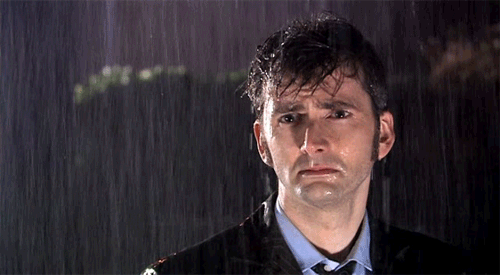 I know how hard my colleagues and I work to establish relationships of trust with authors; the time we spend getting to know each manuscript, and thus its author; and reassuring new writers that the editing process might be confronting but it doesn’t have to be painful and will be
I know how hard my colleagues and I work to establish relationships of trust with authors; the time we spend getting to know each manuscript, and thus its author; and reassuring new writers that the editing process might be confronting but it doesn’t have to be painful and will be